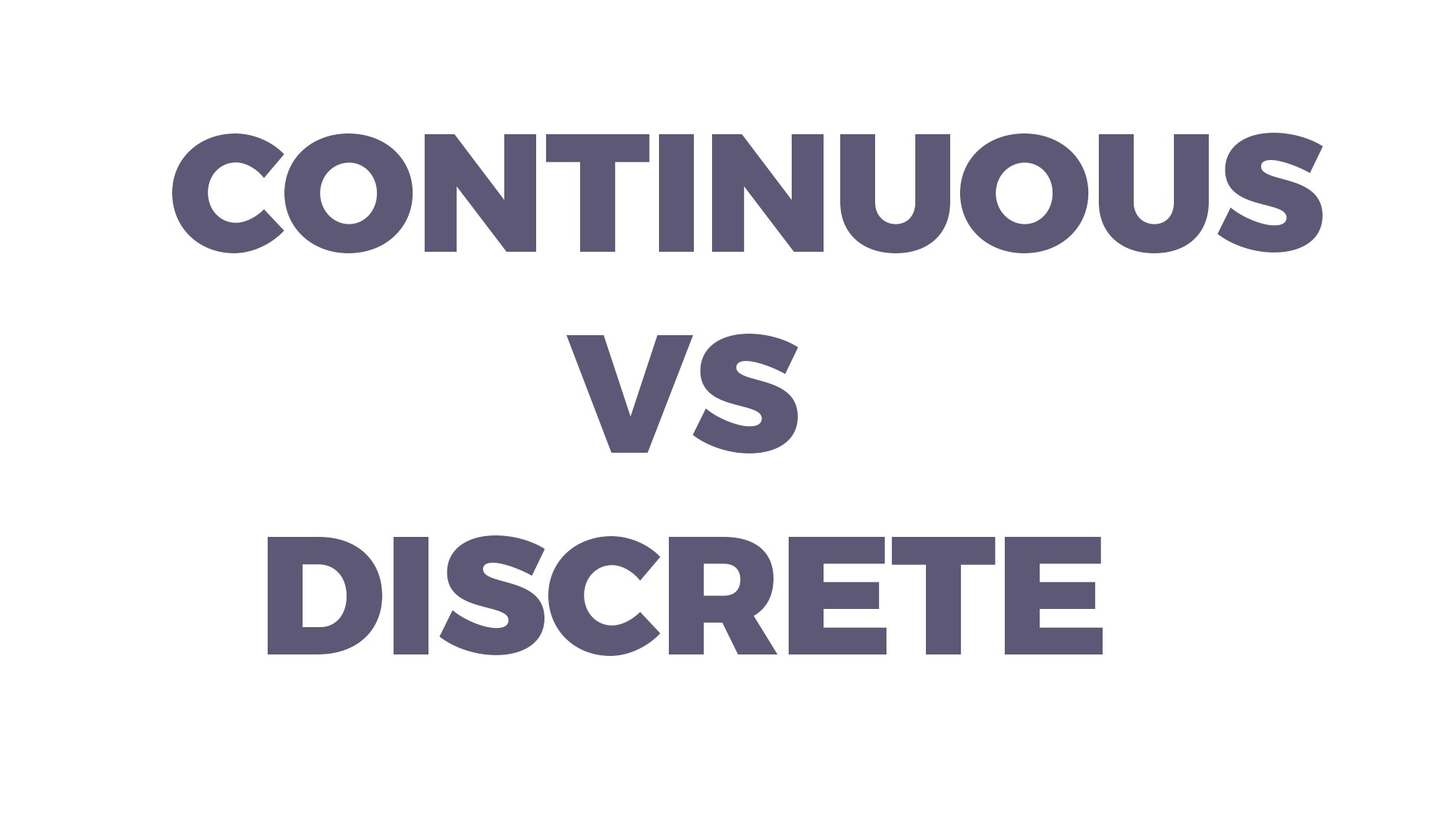 |
| Source: https://hackernoon.com/hn-images/1*X3E3vZQqdsbWk3wDJcBFKg.jpeg |
So far there is no objective evidence that nature is discrete at the lowest possible levels, but using my right to theorize I would say that when we go deep enough we will discover that nature is discrete and discontinuous. On second thought we might never even be able to observe the ultimate discreteness of nature because of some fundamental law preventing us from observing this.
So what is the use of this idea that nature could be discrete at the deepest level? What we think about the most fundamental level of reality will inform us better on how we should understand the higher-level structures like atoms, molecules, trees, etc. for the purpose of building our own simulations.
So even if we cannot ultimately know if nature is discrete or continuous, our assumptions will inform our intuitions and thus affect our higher level conceptions, including how to go about simulating the universe.
When many people think of discreteness they imagine a sort of binary system where you can only have two states of either 1 or 0 and while this is kind of fundamental in a mathematical sense because you can reduce any other system to this binary system, it doesn't mean that nature must use this binary system.
What I mean by discreteness is that if we look deep enough we will see that things exist in the most definite possible way, that is things to do not flow into other things in gradients even though our instrumentations might show blendings and gradients, which imply that things might flow in a field, it is merely an illusion. something either exists or doesn't in a 1 and 0 kind of way but we could have things existing in discrete states that start from nothing and in a quantized manner add up from one state to another without no intermediary state.
When we see results from particle physics we can see measurements that have floating-point numbers as their results, we do not see integers most of the time but we see numbers that vary continuously. although this might seem to contradict the fundamental assumption about nature being discrete I would say that this is a function of the scale we are using to represent the quantities in nature.
Whenever we employ an absolute scale as a frame of reference, we will find out quantities that do not make up discrete wholes in this frame of reference, thus we will observe things that can only be represented by floating-point numbers. Does this mean that fundamentally things are fractioned in this manner? no, it doesn't, the scale we choose creates these aberrations from perfect whole numbers like are provided by the integers.
MODELING
A model is an approximation of an actual system that still contains sufficient features of the real system such that questions asked about the model will return similar results if those same questions are asked about the actual system.
The equations used in science are models of the real system, not the real system itself. When people forget this like most people do when trying to understand quantum mechanics, they think that the model, i.e. the equations are the system itself, this can lead to a lot of misunderstanding that leads to poor ideas about how to manipulate those systems to produce definite results. I think this inability to differentiate between the reality of the model and the reality of the real system is behind our difficulty in constructing useful quantum computers.
Our assumptions about the deep structure of nature will inform our choices when we are trying to model nature. Although a model is not intended to be a faithful representation of what is being modeled a good model will capture almost all the important structures in the system being modeled to such a degree that if you attempt building a simulation of the system being modeled using the model you have built both modeled and actual system would behave and look indistinguishable from each other. This is the goal of science, to understand nature through modeling till we reach a point where we are able to simulate a universe and thus can infer real discovery from our simulation like we would obtain if we were to investigate the actual physical universe.
The applications of such a system are vast, we could simulate space travel, efficiently search for discoveries in our models rather than in the real system, etc.
From the above discussion about modeling, we can see the importance of how fundamental assumptions of the nature of the universe such as the question of discreteness or continuity is important because it is the seed that will guide us on our journey of discovery.
While the debate is still on, we can make theoretical assumptions just like Dirac assumed the existence of antimatter, and from these assumptions, we can try to build systems and test them out.
I would claim that eventually the universe will be discovered to be a very large integer computer.
Comments
Post a Comment